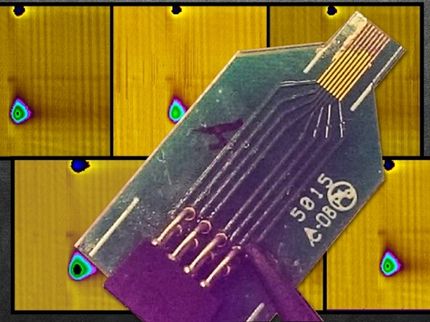Addex' ADX10059 has potential for Parkinson's disease levodopa induced dyskinesia (PD-LID)
Advertisement
Addex Pharmaceuticals reported that its lead product, ADX10059, which is nearing completion of Phase IIb testing in gastroesophageal reflux disease (GERD) and migraine prevention, also has demonstrated significant potential in a non-human primate model of Parkinson's disease levodopa induced dyskinesia (PD-LID).
ADX10059 is an allosteric inhibitor - a negative allosteric modulator (NAM) - of a glutamate receptor subtype called metabotropic glutamate receptor 5 (mGluR5). Phase IIb data are expected in the fourth quarter of 2009 for GERD (e.g. heartburn) and the first quarter of 2010 for migraine prevention.
In a recently completed study using the "MPTP" primate model, all doses of ADX10059 abolished levodopa induced dyskinesia in the first hour after levodopa administration. There was no adverse effect on Parkinsonian disability scoring. The 10mg/kg and 30mg/kg doses of ADX10059 significantly reduced dyskinesia (p<0.05) in the first two hours after levodopa dosing.
Addex also reported during its July R&D Day that in rats ADX10059 showed a dose dependent effect in reducing catalepsy induced by haloperidol, a rodent model of Parkinson's disease.
The rationale for using mGluR5 inhibition in PD is as follows. An imbalance of neurotransmitters resulting from the loss of dopamine producing cells leads to excess glutamatergic stimulation in the striatopallidal pathway. Inhibition of glutamate stimulation in this pathway is believed be important for anti-Parkinsonian effects. mGluR5 are found abundantly in the striatum and are implicated in the excess glutamate activity in Parkinson's Disease. Blockade of mGluR5 has been shown to have anti-PD effects in a variety of animal models.
Data from Addex and other researchers show that mGluR5 inhibition has therapeutic potential in multiple indications. Addex has prioritized development in GERD and migraine; others are pursuing PD-LID, Fragile X syndrome and neuropathic pain.






















































